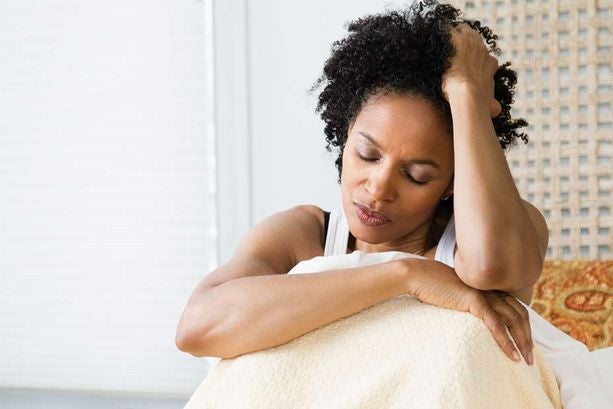
For a college-aged woman, sexual violence, unintended pregnancy, or unprotected sex can easily become an impediment to her dreams of moving forward with her education and career. To help prevent a complete dismantling, the Black Women’s Health Imperative, a Washington, D.C.-based reproductive justice organization, just launched My Sister’s Keeper—a new initiative to be developed on Black college campuses aimed at keeping young African-American women on track.
Linda Goler Blount, the president and CEO of BWHI, says that while issues surrounding access to health care and contraceptives impact all women, the challenges are greater for Black women. “It has been clear for some time that women’s rights are limited, but when you look at what’s happening with Black women in particular, we bear the brunt of these limitations,” Blount told ESSENCE.
Spelman College in Atlanta and Howard University in Washington, D.C. are the first schools to host the program, which strives to turn students into future leaders of the reproductive justice movement. The two schools were a perfect fit: Spelman is home to some of the most prominent Black, feminist voices and the birthplace of the Imperative (a campus meeting of 2,000 women in 1983 spawned the organization). And Howard gives students the unique ability to reach out directly to lawmakers from all across the country—Capitol Hill is just a metro ride away. By 2020, the Imperative hopes to have organizations on every historically Black college campus in the country.
By giving young women the tools to advocate for themselves, Blount believes we can bring about real change for future generations of women and girls. Given the attention surrounding the launch of the President’s My Brother’s Keeper program, the Imperative wanted to make sure women knew that their voices and issues matter.
“It’s time for us to…recognize that we can advocate for our rights as Black women,” says Victoria Phifer, an Emory University graduate student and a project coordinator for BWHI.
Though in its beginning stages—the next step will be to charter student organizations on both campuses—the program aims to turn students into future leaders of the reproductive justice movement.
Through mentorship, women will learn how to effectively advocate for women’s health and social justice issues on the state and federal level. The program also plans to provide university administrations with data and tools to develop programming that addresses sexual assault and relationship violence. Additionally, BWHI will give students access to smartphone-linked jewelry that will send alerts to members of her chosen network if she signals that she’s under duress.
For students like Taylor Ester, a 19-year-old Howard sophomore who has already begun volunteering with the program, having a space to address the issues young women face that’s inclusive, empowering, and informative is of the utmost importance to her.
“On a college campus, your goal is to be independent,” Ester says. “It can be difficult at times to walk around being sure of yourself. We have to tell our sisters that they are beautiful, help them see who they are so that the world cannot define them.”